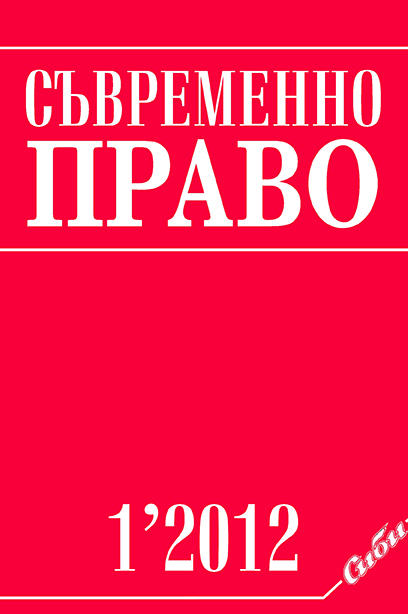Принципът за разходоориентираност при определянето на цените в електронния съобщителен сектор
The Cost Orientation Principle in the Setting of Prices in the Electronic Communication Sector
Author(s): Georgi SulevSubject(s): Law, Constitution, Jurisprudence, Administrative Law
Published by: Софийски университет »Св. Климент Охридски«
Summary/Abstract: Cost orientation is a method to control access prices in the electronic communications sector and a key regulatory obligation on wholesale markets. This method ensures that the prices of services for wholesale access will allow competitors to participate effectively in the retail market. The exact content of the concept of cost orientation is derived from the practice of the European Court of Justice and the national regulators. One could say that in the sectoral regulation of the electronic communications sector there is agreement on the principle nature of cost orientation and full divergence of views on the specific method of application of this regulatory obligation. This paper deals with the concept of cost orientation of access prices from a legal perspective. The concept is compared with other similar methods of price control, placed in the context of the international and European legal framework, the existing case law and the conditions under which this obligation shall be imposed by the Communications Regulation Commission. Conclusions on the general aspects of the concept of cost orientation of prices and on the limits of its scope of application are made. The main idea of the article is that the connection between prices and costs can be achieved by different methodologies and the specific choice is limited by the regulatory purpose and the legal requirement for proportionality of the measure imposed.
Journal: Съвременно право
- Issue Year: 2012
- Issue No: 1
- Page Range: 18-34
- Page Count: 17
- Language: Bulgarian
- Content File-PDF

